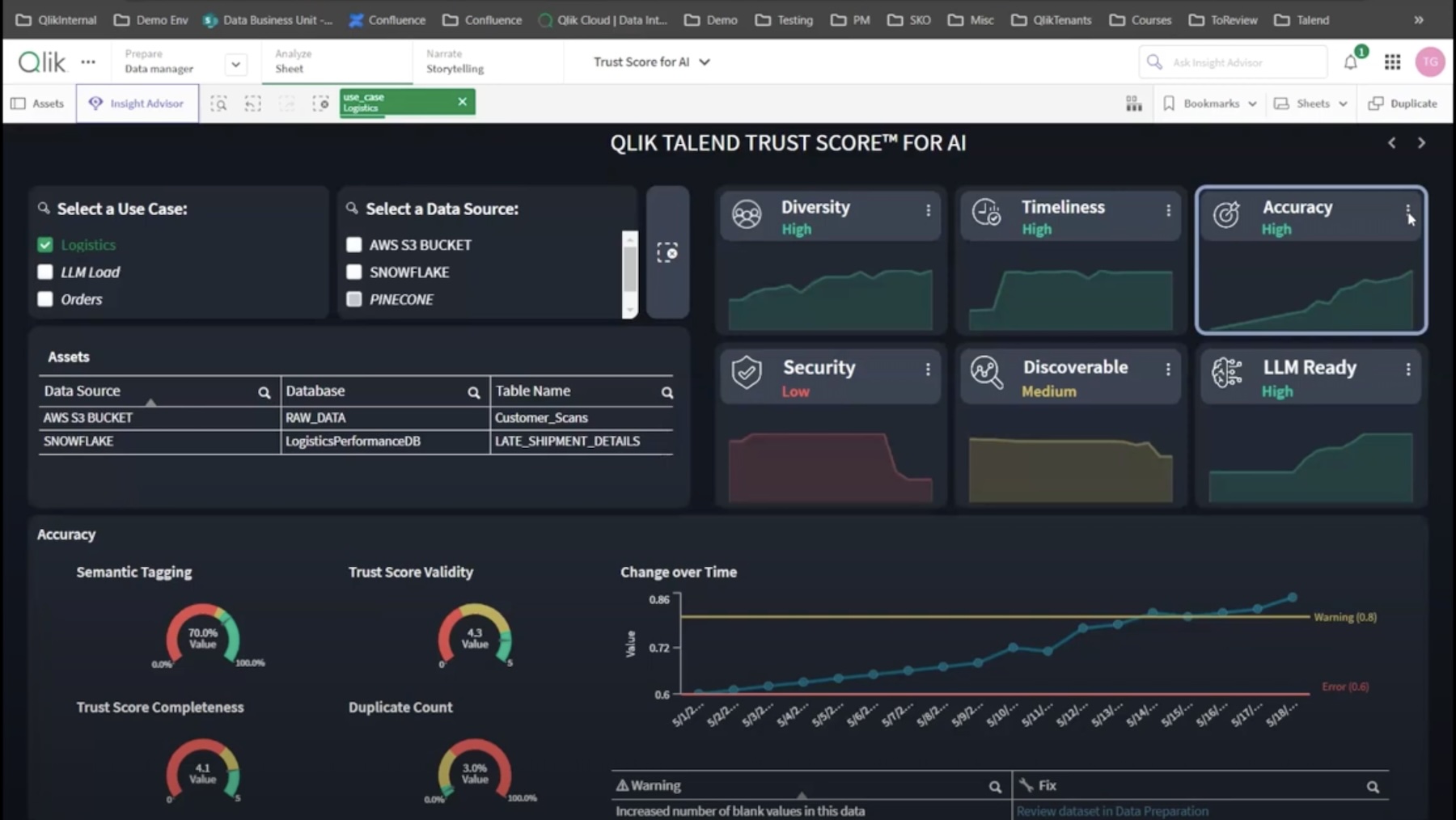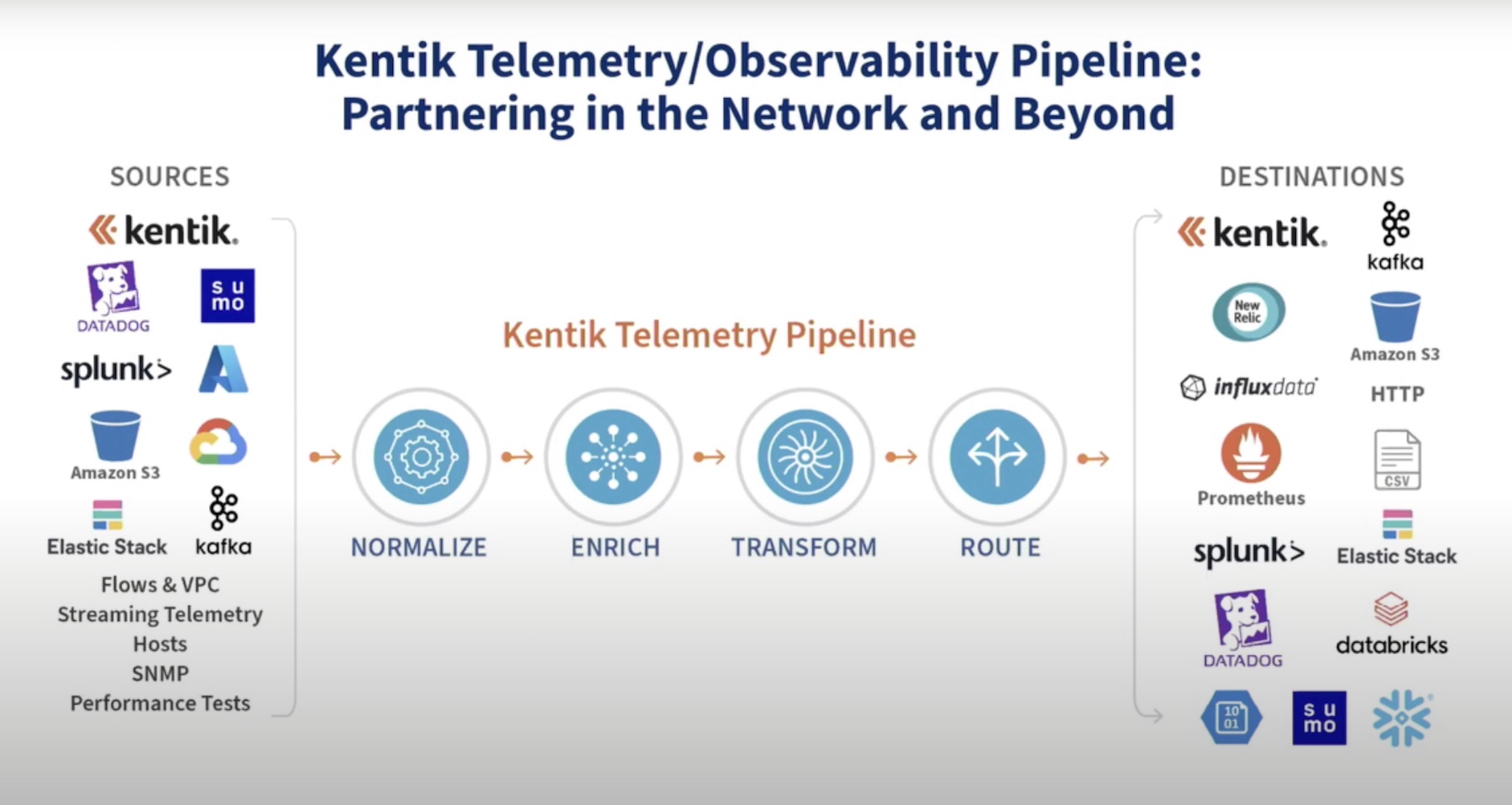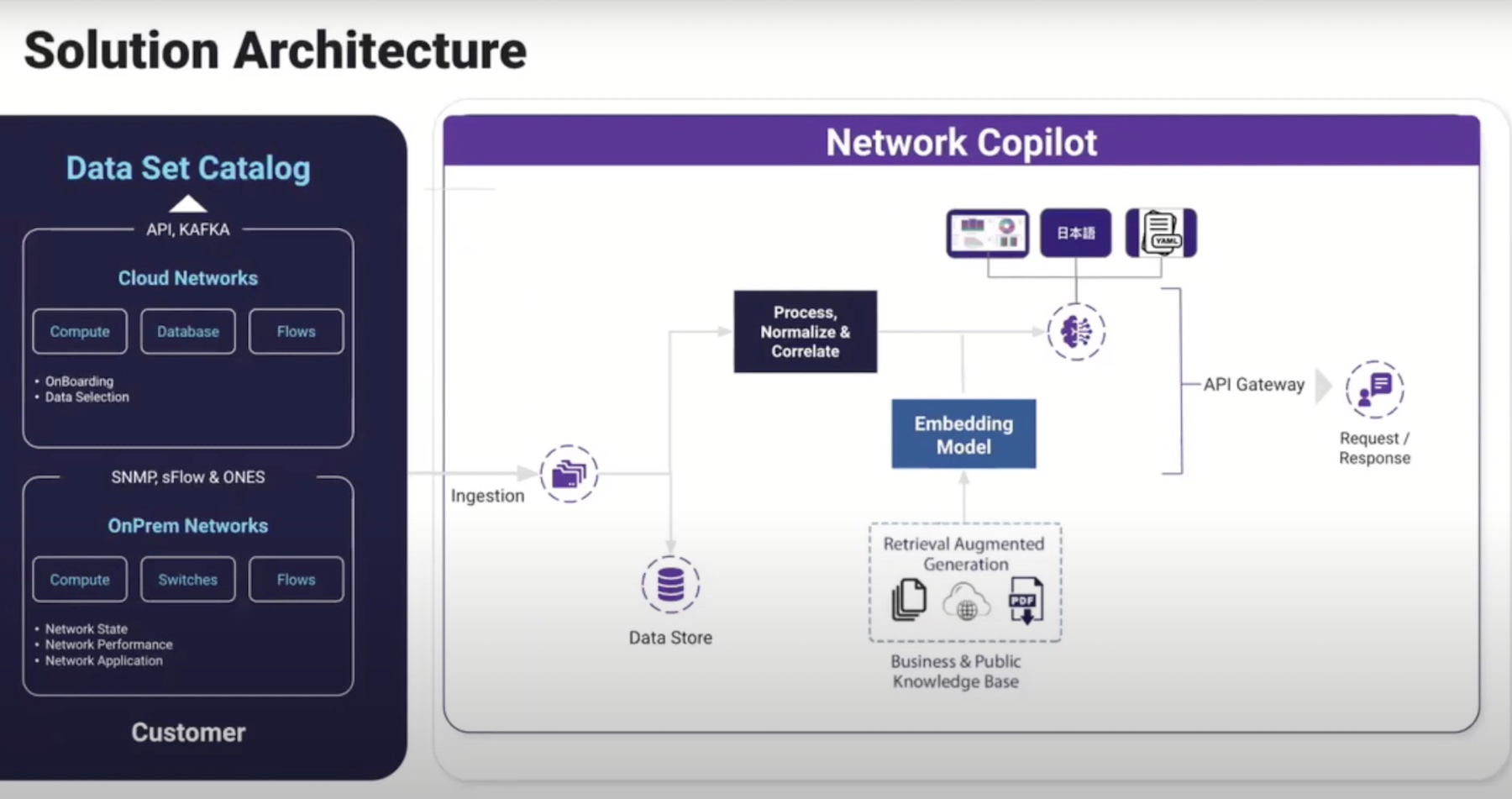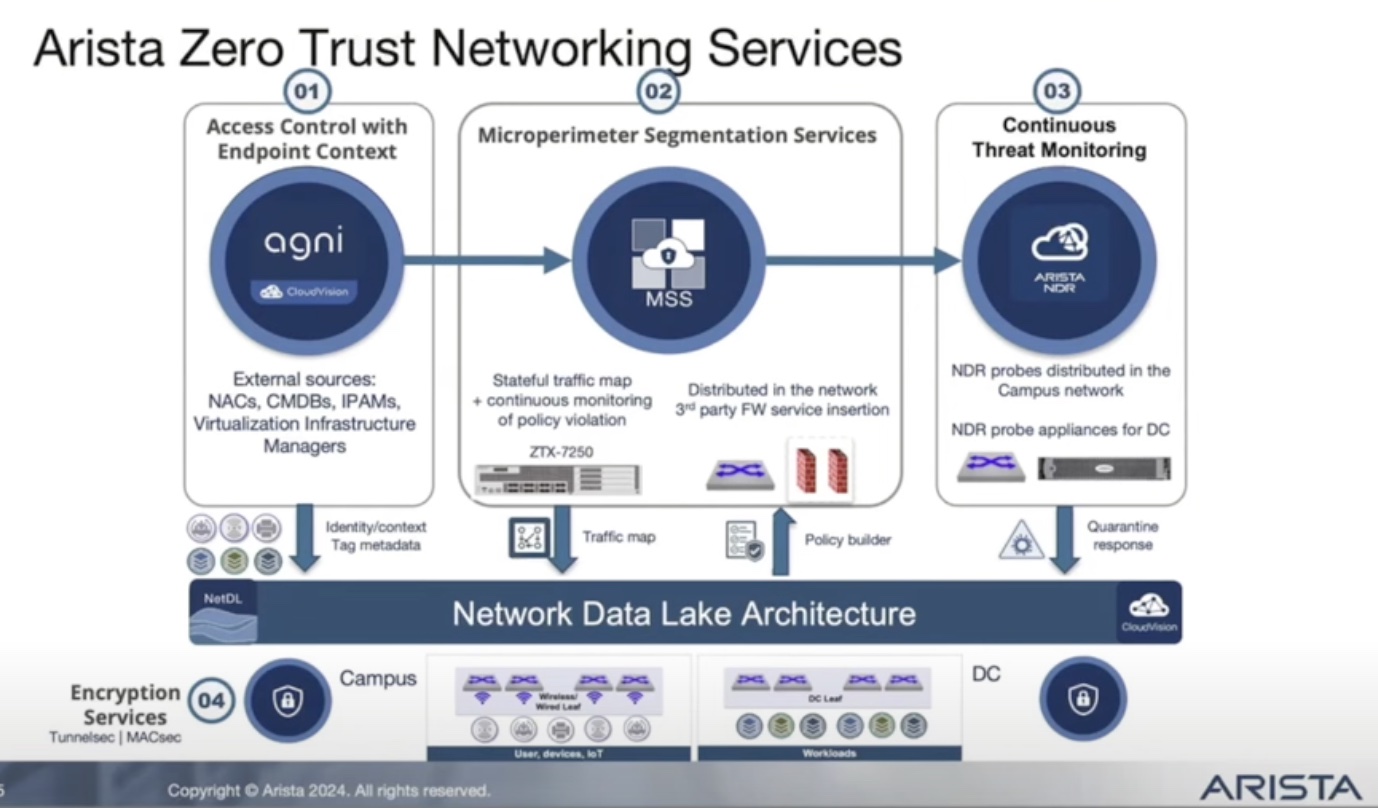When I was just getting old enough to warrant a curfew, my Dad sat me down to talk. He told me that he was giving me this curfew, and along with it went trust. To my Dad, trust is a tangible thing. It can be held, earned, given, and, most importantly to that talk, lost. He told me I didn’t need to check in during an evening if I didn’t want to, as long as I got home by curfew. If it was late and I needed a ride to get home, he was more than willing to help. But he emphasized that this was while I held trust. If trust was lost, my world would become much smaller. And so, with that parental guilt well instilled, I made every effort to get home by that curfew. And when I did, my Dad would be up. Not necessarily just waiting for me, but he’d be there.
Networks are a lot like teenagers, you can trust them, but trust works a lot better with verification.

100GbE is a Camaro in this metaphor ][ Image Credit: Kev
For being a twenty year old company with a large global footprint, I’m surprised I never heard of Ixia. Going to their offices in Silicon Valley, it had the look of a newer, but successful startup. Wide open spaces, coffee machine that I wasn’t sure I could operate, and lots of colorful branding. So when I heard about their heritage in test equipment for service providers and network equipment manufacturers, it threw me a little bit. I was there for Networking Field Day. Before the event, I had seen that they were offering some kind of network monitoring solution, so I assumed we’d be talking to a smaller team. Instead I was met by a global enterprise.
In the last 5 years or so, Ixia has made a series of acquisitions to move aggressively into the network visibility market. I’ll be honest, I haven’t seen a ton of solutions in that market. They laid out the traditional model for network monitoring. I had been so focused on different monitoring tools, I hadn’t really considered how that data is being gathered. I mean, it’s data in the network, how hard can it be? It turns out, anytime I have the inclination to ask that question in enterprise IT, I need to immediately take three steps back, splash cold water in my face, and get ready for a rude awakening. It turns out data visibility is something I’ve been assuming.
Ixia laid it out, generally, data for monitoring is pulled from SPAN ports on a switch. This is fine, except when the switch is overloaded, it deprioritizes the SPAN port and drops packets. Ixia prefers to use network taps, which take full copies of traffic regardless of load. They combine this with packet brokers to really groom this data to make it much more useful for monitoring tools, including deduplication and load balancing. This generates a visibility fabric with trustworthy information.
Ixia frames this in terms of data contamination. Without this visibility fabric, there’s no way of knowing if the information being sent to monitors is accurate. Therefore, making any kind of informed judgements based on it is unreliable at best. Ixia banks on trustworthiness. With their series of network taps and packet brokers, they’re claiming zero packet loss by the time it gets to monitoring. It’s an incredibly high standard, but I think it could create a new level of monitoring efficiency, if the tool is designed with this standard in mind.
This is all buoyed by their robust hardware and software line. Their flagship Vision ONE packet broker can handle all the information from taps along a network, and perform high level enterprise intelligence to the information received. This is combined with a very easy to configure GUI interface, which looks to make setup border of easy. Having setup precisely zero packet brokers within a network, I’ll take Ethan Banks’ word on it.
Ixia’s presentation was what I would call pleasantly dense. Another surprising thing about it was just how thorough their implementation is designed. Phil Gervasi broke down a lot of the technical layout in his look at the company.
Ixia’s solution is a little more complex than waiting up for your kid in an easy chair. To be fair, it’s a lot harder to instill guilt in packets so they don’t get “lost”. Still, for network visibility, Ixia has some impressively robust offerings.





[…] Ixia Works Out Its Network Trust Issues […]
[…] Ixia Works Out Its Network Trust Issues […]